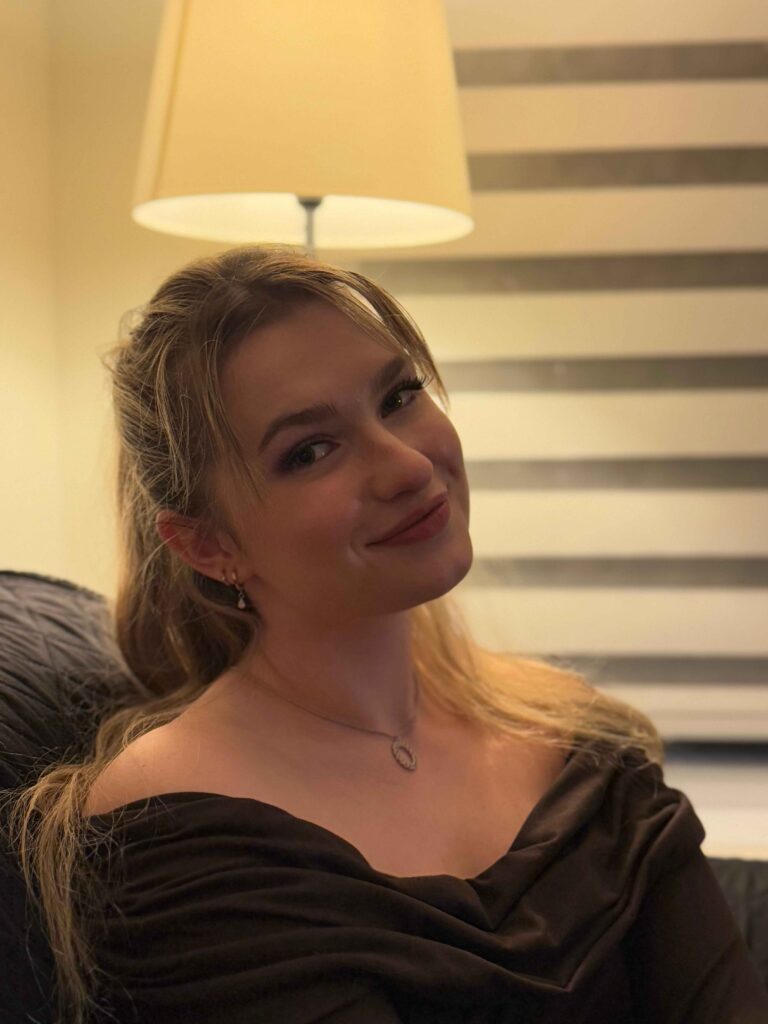
My name is Julianne Turcotte, and I am currently in my third year of a Bachelor’s degree in Psychology at Bishop’s University. This summer, I had the opportunity to participate in an Experiential Learning (EL) placement focused on community mental health and housing. My activity was based at “Univers Shack”, a living lab located in a community-based mental health housing in Lennoxville called “Mon Shack”. I was under the guidance of François Lauzier-Jobin, a professor from the University of Sherbrooke.
What I Did
My placement involved analyzing annual reports, municipal action plans, and survey data related to mental health services in the Eastern Townships region. I worked on summarizing findings, creating accessible visuals, and building program logic models that could help organizations demonstrate their impact. Along the way, I developed skills in knowledge mobilization, research translation, interview transcriptions, and collaborative writing. These tasks demanded not only analytical thinking but also creativity, as I often had to transform dense technical data into clear summaries or infographics for broader audiences.
Why I Participated
I chose this EL activity because I want my academic training in psychology to be rooted in the realities of my community. My long-term goal is to become a clinical psychologist, and I believe it is crucial to understand systemic and social factors, such as environmental instability, that influence people’s mental health. Participating in this project allowed me to link my studies with issues that matter to me personally, while giving back to the community.
Highlights
One highlight was the group activities, where people from different backgrounds came together to discuss the essential topics that need to be researched in this lab. Hearing from residents and being able to listen to different perspectives was something I could not have learned in a classroom; only real-world experiences can provide this insight.
Real-World Learning
This placement bridged the gap between theory and practice. In class, we often discuss determinants of mental health, recovery models, and the role of community support. Through this EL activity, I saw how these ideas come to life in policy, funding structures, and concrete programs. It was an invaluable lesson in how psychology interacts with public health, municipal planning, and grassroots activism.
Support
I am thankful for the guidance of my supervisors from the University of Sherbrooke, François Lauzier-Jobin and David Lanneville, as well as the Experiential Learning Coordinator, Bassam Chiblak, who made sure I had the necessary resources. Their encouragement boosted my confidence to take ownership of my learning and view myself as an active contributor.
Takeaways
This experience has strengthened my commitment to working in community-based mental health. It also sharpened my research and communication skills, which will support my future graduate studies. My advice to other students is to embrace opportunities that connect classroom learning with real-world issues. These experiences not only enrich academic knowledge but also foster empathy, responsibility, and a sense of belonging to the community.

